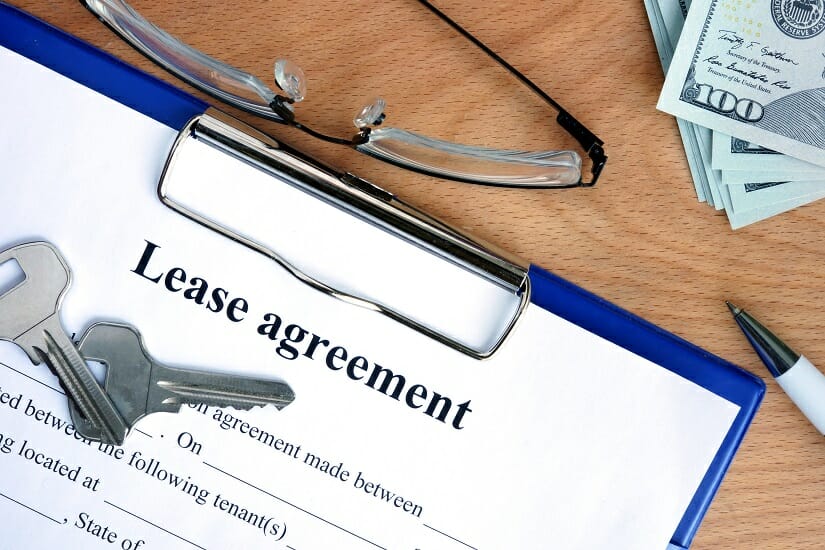Should I Have An Exclusive Use Clause In My Lease?

Yes! Here's Why:
Prevent Competition
If you are like the vast majority of tenants, then you do not want your competitors opening up in close proximity to your operations. As an example, let's suppose that you wanted to open a pizza restaurant in a large shopping center. Your expectation (if you are like most tenants) would be that there would be no other pizza restaurants in the shopping center other than yours. The bottom line is that, if someone is going to buy pizza in the shopping center that you are in, you want it to be from you. You don't want the landlord to lease a space two doors down to Pizza Hut and then another space three doors further down to Ledo's. This concept is not unique to retail properties, either. If you are opening up a title company on the third floor of an office building filled with lawyers and real estate brokerage companies, you don't want to see the landlord lease prime space in the lobby of the same building to another title company. In both cases, it can cut deeply into the profits of your business. We discuss the importance of this more in 5 Pitfalls In Your Commercial Lease.
Landlords Can't Lease to Whoever
I've been in this industry for thirty plus years, and I've seen many very upset and very disappointed tenants that relied on the notion (sometimes even unspoken) that "my landlord would never do that to me". The fact is that, if you don't want certain stores or office users in the same shopping center or office building where you are leasing space, then you need to have what is known as an exclusive use clause. Drafted properly, this clause will not allow the landlord to lease any other space in the project to your competitors. The prohibition can be stated in terms of particular offerings (for instance, a prohibition on the landlord leasing any space in the project to any business operation primarily serving pizza. It can also be stated in terms of specific stores. For instance, a learning center may have a clause stating that the landlord cannot lease space to a learning center such as Kumon, Mathnasium, Kaplan, or C3. No matter how it is stated, pay careful attention to the language. Most landlords will keep loopholes in it when they can.
Landlords Could Be Penalized For Violation
Also, make sure that there is a stated and at least moderately severe penalty in the language in case the landlord breaches that section. Once or twice, I've seen otherwise good exclusive use clauses that have no real penalty set forth in them. For instance, either no penalty is stated at all or the penalty is relatively meaningless. For instance, I've seen several exclusive use clauses where the tenant's only remedy is to terminate its lease. The problem with that is that, if a competitor comes in that the landlord would rather have in the center, it can just lease other space in the center to your competitor. The landlord may have decided that they'd rather have that competitor than you, and they know that your only remedy is to close up shop. Usually, they've made a calculated decision that you likely will close, but they feel that their center will improve overall because they have your competitor in the center instead of you.
It is far from unique to local mom and pop tenants to want an exclusive use clause. National and regional tenants usually insist on them. In fact, if you lease a space in a large shopping center with a lot of national tenants, there will usually be an exhibit to your lease listing all of the exclusive use clauses that other tenants of the project have an precluding you from violating any of them.
Hire A Professional
The old saying is that "an ounce of prevention is worth a pound of cure". A well written exclusive use clause is your ounce of prevention if you want to "protect your turf" in a commercial real estate setting. These clauses can be tricky, so please make sure that you have them drafted by a professional.
CRE Insights





